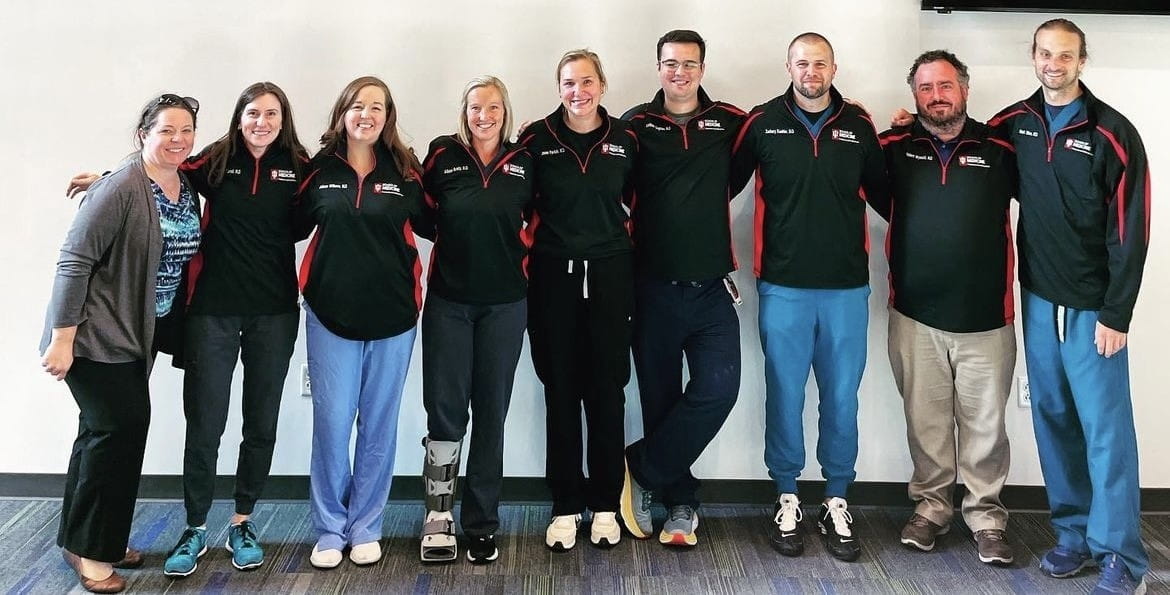The Critical Care Fellowship program at IU School of Medicine is structured to offer flexibility and clinical diversity for a myriad of career development goals.
The first year is comprised of nine months of clinical time in critical care medicine. The second year is structured based upon the individual’s career goals. The second year is comprised of five months of clinical time in critical care medicine. The remaining seven months are built out with direction of the critical care fellowship to direct fellows towards career goals. Those interested in specific areas of critical care medicine such as neuro critical care, cardiovascular critical care, or ECMO can pursue extra time to create a strong clinical background in those areas.
Those interested in research can use the time in their second year to foster their research interests and take part in the departmental research opportunities.
Those who join our T32 training grant (usually one fellow per year) will have 18 months of protected research time. Previous fellows have undergone this pathway adding additional time onto fellowship to create a pathway to a strong academic career. Regardless of the pathway chosen, call and weekend duties are split evenly among all fellows.
Clinical Interest Pathway |
Academic Pathway |
|
Year 1: 9 clinical months, 2 elective months Year 2: 5 clinical months, 5 interest driven clinical months, 2 elective months |
Year 1: 9 clinical months, 2 elective months Year 2: 5 clinical months, 4–7 research months, 0–3 elective months T32 pathway year: 12 months of research time and courses |
| 14–20 clinical months and 4 elective months (can be dependent on the clinical interest) |
14 clinical months and 9–21 research months (Dependent on research goals and grant) Clinical research Clinician-educator Basic science research |
| Define clinical or quality improvement project based upon individual's interest with a designated clinical mentor. Goal of this pathway is publication of the project results | Basic science or high-end clinical research (CITE program strongly suggested) with a mentor panel consisting of faculty with research funding and secondary mentor in the Division of Pulmonary, Critical Care, Sleep, and Occupational Medicine. Goal of this pathway is to obtain extramural funding for the fellow applicant. This pathway may require extra year of research training to complete. |
